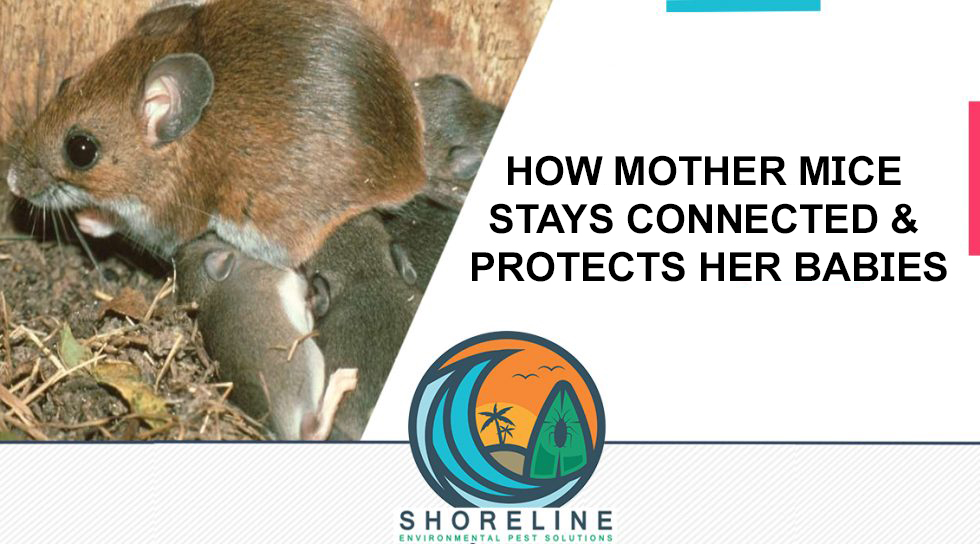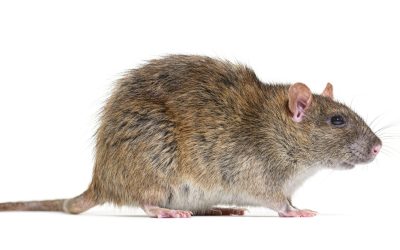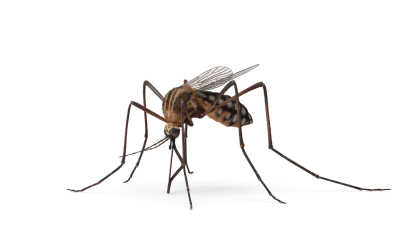Mother mice have an extraordinary way of keeping their babies safe. It’s as if they have a built-in babysitter. This ability allows mother mice to stay connected with their babies even when she’s on the move. Mother mice are known to be capable of doing some amazing things to keep their young safe. This post features information on how mother mice stay connected to their babies and protect them.
Mice babies and their mom share a special connection that enables them to survive any ordeal thrown at them during the childbearing period of the mother mice.
The study, published in Current Biology, involved exposing mice to the scent of their mothers’ urine for two weeks. The infants were able to recognize and remember their mamas by way of this scent — even when they were exposed to other odors that mimicked it. This suggests that there is something special about this particular smell — possibly because it’s associated with comfort and security.
When researchers tested these same mice after being separated from their mothers, the babies were much less likely to remember them. The researchers also found that baby mouse who had never met their mamas before were more receptive to this scent than those who had known them for longer.
Researchers are still not sure why these little ones respond so strongly to this particular smell, but they know that it plays a role in maternal bonding. Mother mice may produce the smell when they’re with their babies to help them feel safe and secure.
This strong connection between mother mice and babies adds to the exceptional survival rates of the mouse species.
Mother mice take exceptional measures when it comes to nesting at the time of childbearing. The nests are often built in dark and secluded areas with nearby food and water source. You might have noticed that the female mice build a nest of sorts out of hay, which is then lined with bedding material. The actual nesting begins after this step and involves taking care of her young and gathering food for herself and her young.
She does not hesitate to give birth to a litter of 4-6 babies at once and make sure they are fed till their first day of independence.
After a week or so, the mother mouse will move her young to another nest and prepare for the next litter of babies. In some cases, she will move her young more than once if they are still not ready to be on their own. This is something that you might have noticed in your pet mice as well – especially after a new baby has been born but does not seem quite mature enough yet.
Mother mouse has a special love for her babies. She does not hesitate to give birth to more than one litter of them and will take great care of every one of them till they grow up.
She is the epitome of maternal instinct, but she can also be quite aggressive when protecting her young from predators or humans that might harm them. The mouse mothers are very protective towards their young ones and do not hesitate in killing off intruders.
Mother mouse is also very cautious about her young ones during the early stages of their lives. She will often give them a chance to grow up in an environment that they are familiar with before moving them out into the wild.
This is something you might have noticed as well – mice tend to stay away from large, open spaces where predators or humans could easily see them for some time after birth. They will move out of the nest when they are old enough to make their way into the world.
It is not uncommon for a mother mouse to move her young ones out of the nest, especially if she feels that it is time to leave and find their own home. She will also often give birth at different times, depending on what she feels will be best for her babies.
Mice mothers are very attentive towards their young ones and often groom them, which can be seen as a sign of affection between mother and offspring. They will also move around with their young ones until they feel that it is time to leave. Mice tend to stay near the nest area so that they do not get lost.
Sometimes mice mothers will refuse to leave the nest when they are old enough, which can signify them being too attached to their young ones. You might have noticed this if you have ever tried to force a mouse out of its nest – it will fight back and bite at you! This is because mice know that once they leave the nest, they cannot return. They would also stay in their home area so that no predator could find them.
The bond between mother mice and her babies sounds like a fairytale. But you don’t want this fairy tale to run in your house as if you let it flourish; you are looking at a major concern, i.e., pest infestation.
A mouse infestation can be a major concern for your family as they tend to multiply quickly and invade the house by eating food and other stuff that is not fit for consumption. It is important to know that the earlier you treat mouse infestation, the easier and quicker it will be to eliminate the issue.





0 Comments